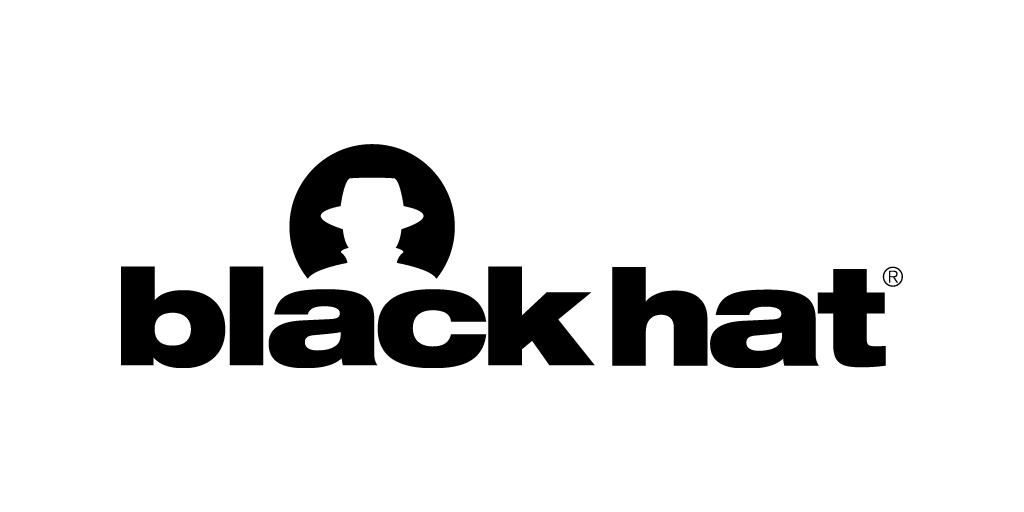
Survey Reveals Growing Acceptance of Passwordless Authentication Among Cybersecurity Professionals
Survey Reveals Growing Acceptance of Passwordless Authentication Among Cybersecurity Professionals A recent survey conducted among attendees at Black Hat USA 2023, a prominent cybersecurity conference, has unveiled a significant shift in the attitudes of cybersecurity professionals towards authentication methods. The survey sheds light on the increasing acceptance of passwordless authentication, the evolving status of traditional passwords, and the growing adoption of multi-factor authentication (MFA) techniques.
Insights from Black Hat USA 2023 Changing Attitudes Towards Passwords and the Rise of Multi-Factor Authentication
Embracing the Concept of Passwordless Authentication
Of the 100 attendees polled, a substantial 54% expressed their belief that passwordless authentication is a viable and effective concept. This growing acceptance signals a departure from the conventional reliance on passwords and underscores the industry’s openness to exploring alternative authentication methods that can offer improved security and user experience.
Passwords: Evolving or Obsolete?
A resounding 79% of respondents agreed that passwords are either evolving or on the brink of becoming obsolete. This sentiment reflects a wider recognition within the cybersecurity community that passwords are increasingly vulnerable to breaches and that the time has come to explore more advanced authentication mechanisms that can provide higher levels of security.
Rise of Multi-Factor Authentication
The survey also delved into the adoption of multi-factor authentication (MFA), a security practice that combines two or more independent verification methods for heightened protection. An impressive 73% of respondents reported using some form of MFA, showcasing the growing recognition of its efficacy.
The Preference for Authenticator Apps and Biometrics
Of those employing MFA, 57% indicated the use of an authenticator app as one of their preferred methods. This approach involves generating unique codes through a mobile app, adding an extra layer of security. Additionally, 40% of respondents reported using biometric authentication methods, such as fingerprint or facial recognition, to strengthen their security protocols.
Implications for the Future of Authentication
The findings from the Black Hat USA 2023 survey highlight a transformation in the authentication landscape. The shift towards passwordless authentication, the acknowledgment of passwords’ limitations, and the prevalence of multi-factor authentication collectively reflect a concerted effort by cybersecurity professionals to enhance security measures and adapt to evolving threat landscapes.
As the cybersecurity community increasingly embraces innovative approaches to authentication, it is evident that the landscape is evolving to prioritize both security and user experience. The survey findings provide valuable insights into the industry’s trajectory, suggesting a departure from traditional practices towards a future where advanced, multi-faceted authentication methods play a pivotal role in safeguarding digital interactions.

